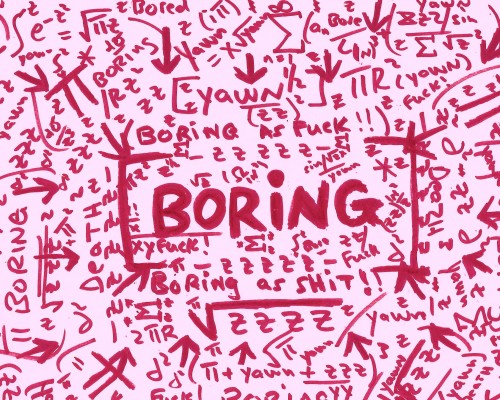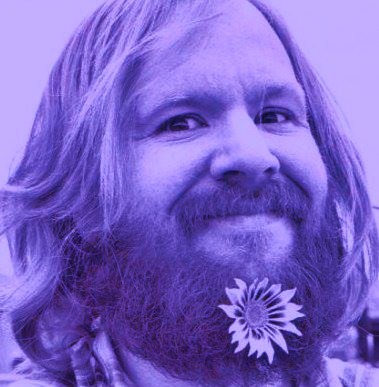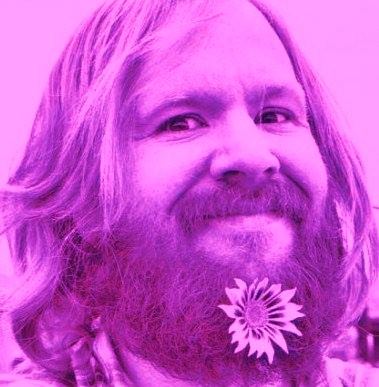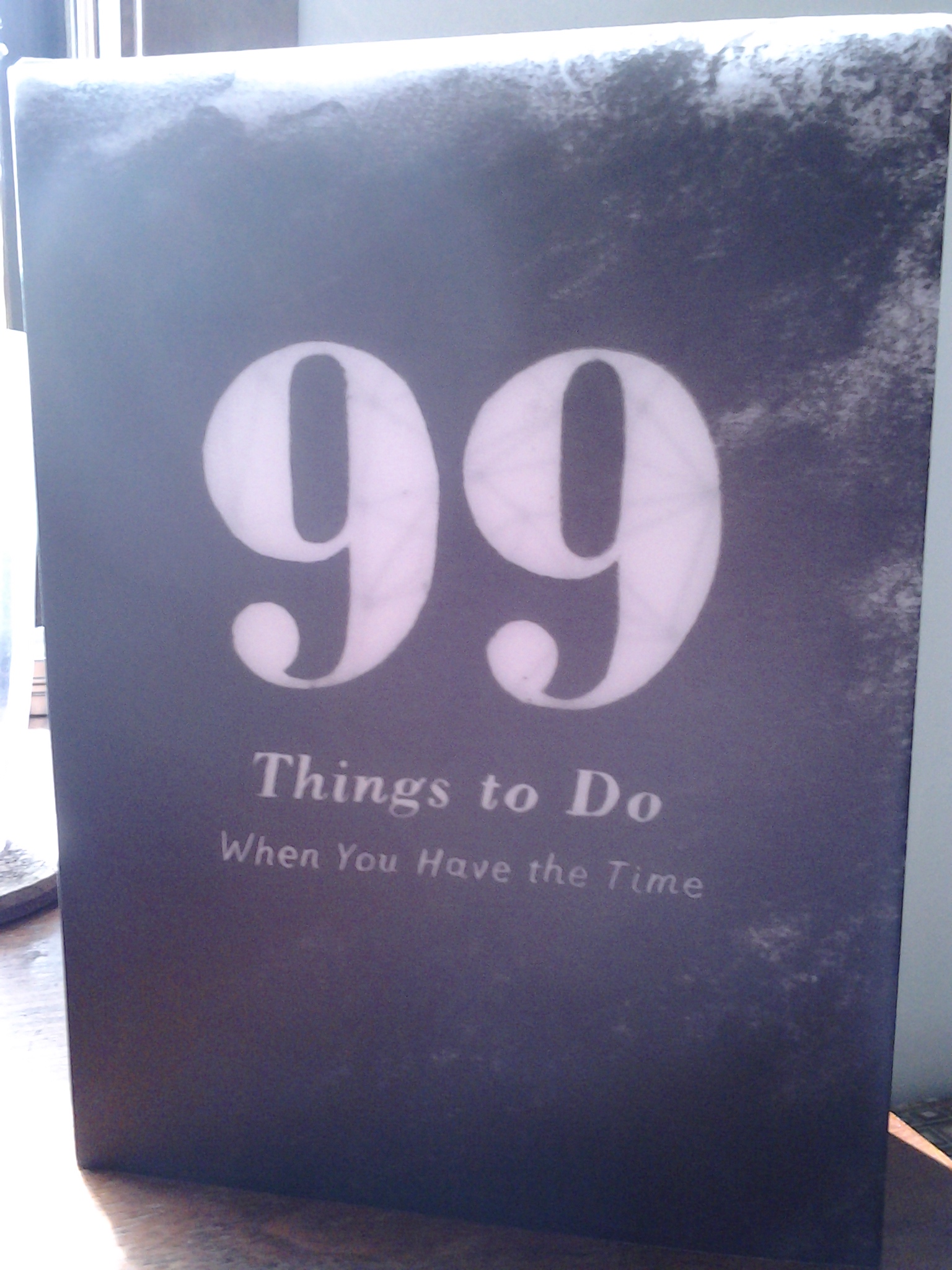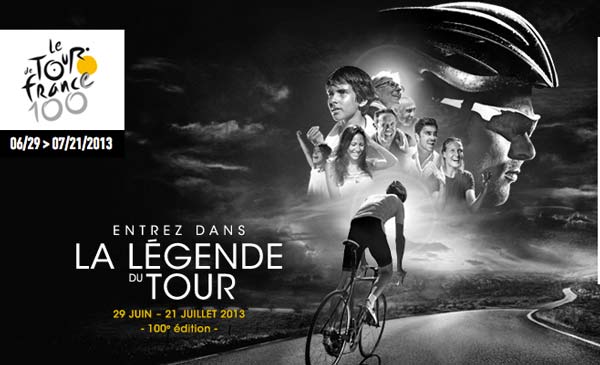Which Trial?
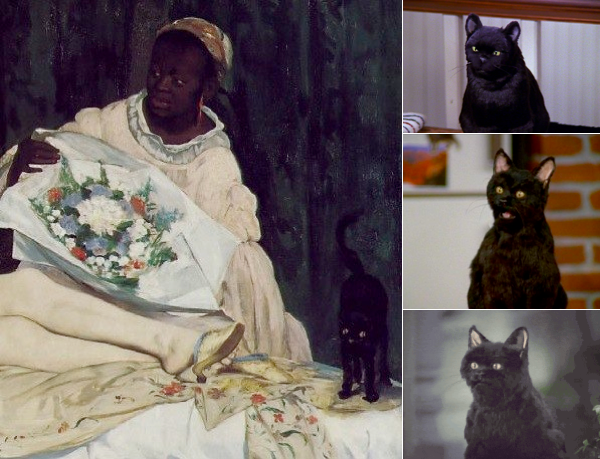
As our eyes get sucked into the flat vortex of Olympia’s pale skin (Olympia. Manet, 1863), we miss the black cat, visually camouflaged in the same manner as the black maid. The cat holds the threatened pose of an arched back, perhaps terrified at the prospect of being immortalized in this human game of representation. In a now timeless interview at a New York Times TimesTalks event, Paula Deen — in that weird Southern defensive and ultimately counteractive way — feels compelled to express solidarity with black folk by casually calling up a black employee, one Hollis Johnson, whose skin she warned was “as black as this board,” referring to the backdrop behind her. “We can’t see you standing in front of that dark board!” she says, which made me, of all people, behind my laptop, feel humiliated. My sensibilities (privileged, protected) were simply shocked. The audience awkwardly laughs, knowing in their bones that just ain’t right, but this was before her public lynching (irony lives on). I’ve never liked Paula Deen; the affected Southern drawl, entitled casualness with everything around her, and earplugs politics all make for a kind of confederate hubris at war with liberal America, which is exactly the demographic (out-of-touch obese Republicans) Food Network was aiming at; and while it remains so predictable, and hypocritical, that they quickly snip her corrupted legacy from their corporate brand, it was invariably the only thing they could do. Instead of using this sad time to talk about racism (if it is even that, or merely glib provincialism), the academics and media have safely mollified discourse by shutting it down, branding her a “racist,” a conversation ending zinger whose ring feels attuned to McCarthy’s “communist,” Bush’s “terrorist,” and the Neo-Conservative “socialist,” words so bloated with ideological complexity they are rendered cacophonous.
Publishing In Print Literary Journals Is Useless
Between watching my eight-month year old son try and cram his fist into his mouth (teething) and stuffing envelopes at work for eight hours a day (busy work), the following question wouldn’t leave my head: what’s more important in the “world of writing” (sorry, can’t word this any better) – publishing in print literary journals or establishing a following online? Does anyone care about your new piece in the Iowa Review? Can’t you publish online in small journals and build up a following through places like twitter and facebook and reach a wider audience?
Let me back-up.
I recently received more feedback online from posting a picture of Lays potato chips than publishing a story online. It took me approximately one minute to photograph the potato chips and post to instagram, while the short story, estimating drafting/editing/submitting, took approximately ten hours. It was this juxtaposition that triggered the question above. I understand the two aren’t necessarily connected, but it’s interesting to question the contemporary importance of traditional literary print magazines in a world where even writers are obsessed with online promotion where many of the things they randomly say/do on twitter/facebook/instagram/tumblr gets them more attention.
Who cares about literary journals when a writer can publish work on their tumblr/blog, gain followers from being funny/weird, and spark conversation and interest that way? Does it make sense to spend hours researching print literary journals, submitting, waiting months to hear back? And if your story does get printed in the journal, does anyone read it? The possibilities to reach an audience with your “art” are easier, faster, are larger in scale, than ever before because of social media and blogs looking relatively professional and not like a pimped out and re-colored geocities site. What I’m trying to say is that there’s new avenues to reaching audiences, and these new avenues seem to be reaching and swallowing up the old like the standard print literary journal.
I understand that publishing your story in a print literary journal can be rewarding and prestigious and build your resume, and all that. Sure. Okay. Good for you. But what if you get more feedback, reach a wider audience, and I don’t know, maybe attract the attention of other editors by posting your story online and tweeting it out?
Maybe the question is absurd because I’m currently blanked-out on Lays chips. I’ve eaten three mini-bags today. I tried to think of who would have an answer and thought about other writers but other writers would be biased depending on where they fell on the scale (writer A has published in print journals and has an ego, writer B loves the online shit). I thought about agents. What would agents be more impressed by – a writer with the print journal pubs, or a writer with an online following? Would I just be laughed at? Probably.
I emailed the following question to a literary agent at a reputable firm (I actually emailed the question to a dozen agents, all of which ignored me with the exception of one, which seems and feels about right). I said that if she put up with my nonsense I’d post her responses anonymously:
When considering taking on a new writer, what carries more weight (besides the work itself) – a writer who has published in several print academic journals (ex: Denver Quarterly, Mid-American Review, Iowa Review) or a writer who has published in small/obscure journals with a large online following (ex: several thousand followers on twitter)?
Here’s the email exchange:
***
Agent: For me, since I represent many literary fiction writers, those print-journal credits are important. Getting published in a top-notch literary magazine means that a writer made it through a very competitive process, and was selected as part of a small group for that issue. That still means a lot to me in terms of building a literary fiction author’s career.
So, am I totally wrong in thinking a writers social media presence is stronger/more important than publications?
Agent: I don’t think it’s more important no, though I think it DOES depend greatly on what type of market they’re writing for and how big their audience in each format is. It certainly matters a lot for certain writers. But then there are folks like Malcolm Gladwell who doesn’t even Tweet.
Do you ever look at potential writers social media presence? What if a writer may not have any big market literary publications but they are gaining buzz through small online publications and, say, twitter?
Agent: That certainly counts for something, yes! It just doesn’t count for everything.
***
So those publications do matter, according to this agent, who I respect and has published authors I respect. I’m wrong in my initial assumption. I still think it’s an interesting question to think about, especially with the always discussed end-times of print, online pages and colors spanning outward over everything constantly. But publishing your epic prose poem in Kitty Fart Face Review and tweeting it out could still get you a lot of attention, right?
25 Points: Cloud Atlas (RK)
*****
[ I’m sorry, everyone, that it’s taken me this long to join the Cloud Atlas conversation. And I’m talking the movie Cloud Atlas which made a tremendously profound impression on me–so profound, in fact, that just the mention of the words “Cloud Atlas” (by tongue or in print), causes, usually, something in my brain to short circuit. And I start to sweat, and to drool, and, within a second or two, pass out on the spot. But this morning I have, miraculously, been able to overcome the beast of those two simple words, “Cloud Atlas,” and, laboring in a kind of inspired, biblical and epic fervor/trance, have organized my thoughts into a complex, intricate and classical analysis of the movie, Cloud Atlas. ]
*****
1. Boring. READ MORE >
LOOSE RULES FOR OUR ATTENTION

Photo by Kate Ter Haar.
As I get older, sicker, and more beset with claims on my attention, I find myself dreaming up simple rules for gracefully consuming my way through the world. As a person reliant on deeply industrialized and entangled societies for money, food, medicine and entertainment, I find that simple tricks help me feel sane. Heuristics are useful when navigating complex systems, be it 21st century America or your personal ethics.
The following rules of thumb might help if you feel overwhelmed with the incomprehensible amount of interesting culture to eat and be eaten by. Because books are the media that I chase and covet the most, I’ll use them here. Altering the immortal words of Gale: “So many books, so little time.”
1. When in doubt, don’t read it.
Err on the side of omission. You might die tomorrow—hell, you might die tonight—and wouldn’t you regret it if you slogged through fifty more pages of some book that just feels serviceable?
2. If the author’s a bigot, don’t read it.
This applies to Mein Kampf all the way down to that writer that said “I just can’t fuck any more NYU students with Jim Morrison posters on their wall.” With so much potentially transcendent literature written by not-immediately-obvious-assholes just waiting in libraries and in book stores, feel free to judge with severe intolerance.
3. If it’s new, don’t read it.
Like evolution, time is a critic without aim, but there’s a lot of literature that has been retold, copied, salvaged and painfully rebuilt because it’s wildly powerful or innovative to most people that engage it. The newer the book you’re reading, the more likely it’ll be buried by the sands of time.* Lately, I’ve been reading mostly ancient literature and looming works from a few centuries ago, and I’m having trouble returning to contemporary stuff. But this difficulty feels nice.
Save the Pit Bull! – Talking to Jereme Dean
Jereme Dean’s Facebook page is filled with macho, sexist and self-professed “asshole” comments. But mixed in are posts concerned with the environment, the socially and politically embattled, and, above all, posts asking, poignantly (with pictures), for people to save, or help save, a dog’s life: ie, a dog, usually a pit bull, that’s about to be euthanized.
What follows, then, are some questions I sent Jereme and the answers he sent back. The core of the interview is the Pit Bull (“most every dog I’ve posted about is dead”) but it is also Jereme Dean, his views on people, culture, the media, etc.
*****
Do you prefer dogs to people?
I wouldn’t necessarily say I prefer dogs over people but… have you ever witnessed a dog walking around in sweatpants and boots or making faux inspiration videos or quipping a passive-aggressive remark on some forum or writing a pre-school philosopy poem about beyonce? I haven’t. I appreciate their lack of language–their honesty.
Human beings are great while in the concrete world: fucking; fighting; dancing; crying. It’s their abstractions which creates a psychological division. Most people revel in the bullshit creations of the 21st century. I can’t relate.
I enjoy specific human interaction though, but not much. 4, maybe 5, people, total.
I do think dogs prefer my company, people not so much.
99 Things to Do When You Have the Time
In March of last year, I wrote a post here entitled “100 things to do when you have the time.” It proved popular and I was approached by a press, Compendium, Inc., with the offer to turn it into a book. I said sure and now the finished book is available through Compendium’s website as well as at various bookstores.
I worked with my editors to revise the list, which changed a lot (for instance, we lost a thing). After that, others transformed it into a book that’s just as much a journal as it is a list, with original art and design on every page. 99 Things wouldn’t exist without M.H. Clark and Amelia Riedler’s editing, Julie Flahiff’s creative direction, and Heidi Rodriquez’s design work—my sincerest thanks to all of them.
As well as to Michelle Tupko. I initially made the list for her, but after a while I realized I needed it just as much myself. And now it’s for everyone else, or for anyone who wants it. If you do check it out and find it useful, I’ll be gratified.
REDEMPTION ONE: BETTER THAN EVER OR BETTER OFF DEAD?
In this mini-series the saga of redemption, as frequently manifested in the form of “comebacks,” is investigated.
I. THEORY
a. Leadership & Empathy
The Boston bombings in April triggered a very strong emotional response from the American audience. As everyone was wondering what the circumstances and details that led to the violent actions were, the media used the usual humanizing technique it consistently has since I can recall being a part of its audience: individual sagas and personal stories were provided to increase the degree of empathy the viewers experienced.
Leaders–or individuals who desire to rise to a leadership capacity–have been cognizant of the powerful positive impact of engaging the audience’s compassion. In our epoque of suavely-impersonal communications that allude to convey a “personal” impression, the humanizing factor of public figures morphs into a vital quality. Gradually, a larger part of the audience recognizes that we often feel like we know others to a much grander depth than we actually do through their social media projections and the curated accessibility they provide. Suddenly, achieving a stronger human connection is ultimately integral in setting leaders and public individuals apart from their competitors.
The recent popular imagination has introduced a modern hierarchy in which potential leaders and public individuals become an inspiration for the masses. Rather than an alien image of perfection, the idea of the strong individual who learned from his/her mistakes seems like a newfound pattern in reaching previously unattainable levels of respect. A routine of redemptional strategies has become commonplace in helping individuals progress to higher positions. The mistakes or faults ultimately yield an advantageous result by making them more “human” and easier to identify with as authority figures. The degree of empathy they manage to garner from the audience is relative to their declaration of a new status which clearly pronounces their existence as void of their prior faults. Under such circumstances, where individuals sought change, their mistakes even add to their charisma and personality. Having demonstrated sensitivity humanizes them; being able to surpass the stigma legitimizes their leadership potential. READ MORE >
The two best things I read online today are this essay on mushrooms by Daniel Nester and this paper from Hypermedia Joyce Studies that examines the connections between Finnegan’s Wake and Electronic Voice Phenomena.
Spectacle & Pageantry Always Trump Ethics
[ No, this post isn’t about the current state of Politics in the “greatest nation that’s ever existed”, or The Vatican. But it is me being, as usual, angry and amused, reductive, pessimistic, excited, juiced up, judgmental, and making sweeping generalizations about humanity, our plight, our collective cultural soul, blah, blah — note: I am a big fan of the Tour de France, absolutely care and absolute also do not care about the cheating. And I will be following as much of this year’s Tour as I can.
I think, really, that I care more about the Tour de France than I do about humanity ]
So, anyways,
In less than 48 hours the 100th edition of the Tour de France will begin with huge fanfare. Does it matter that Lance Armstrong finally came clean (in his way), admitting he’d cheated his way, coldly and methodically (Armstrong headed up, according to USADA, “the most sophisticated, professionalized and successful doping program that sport has ever seen”), to his record 7 consecutive tour titles? READ MORE >

